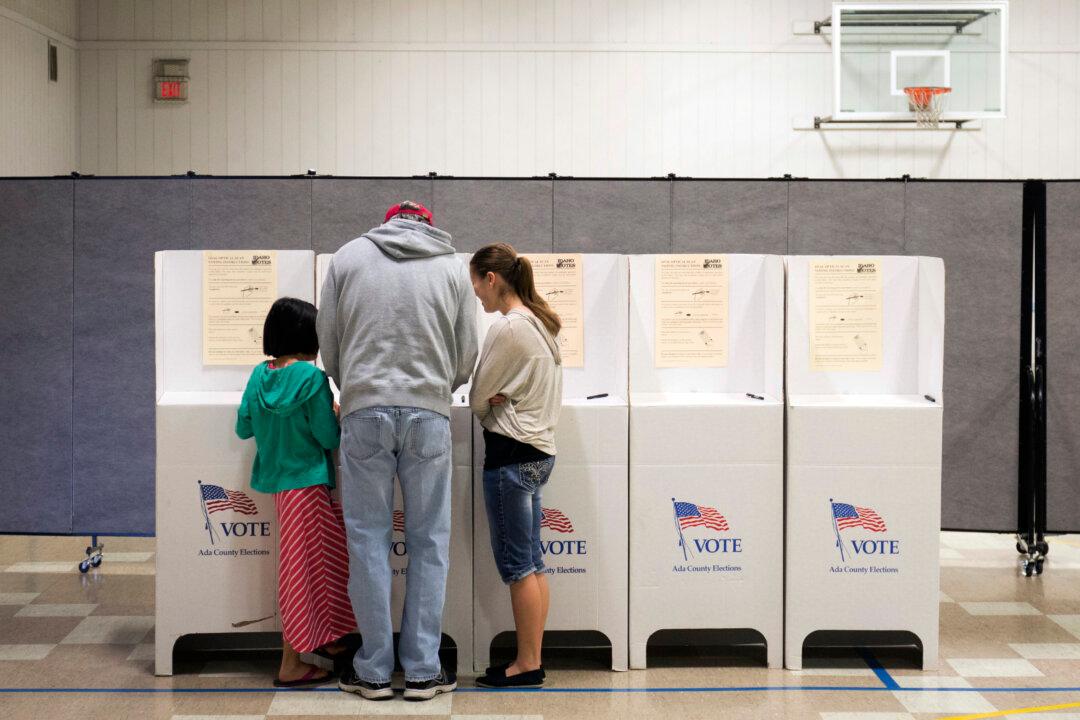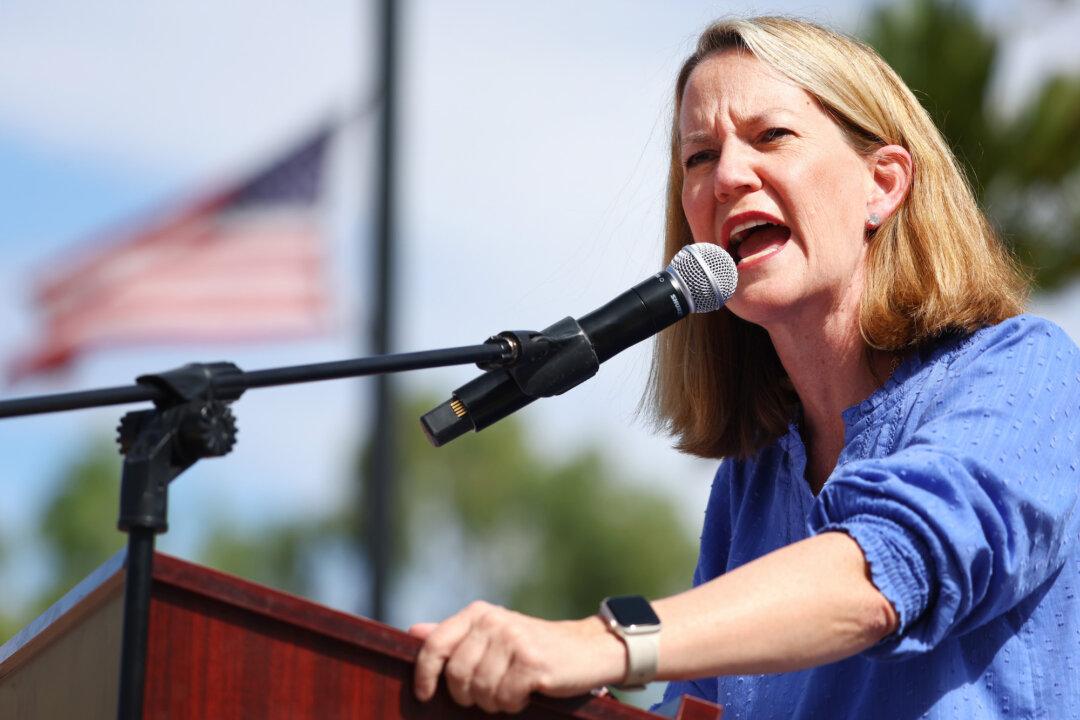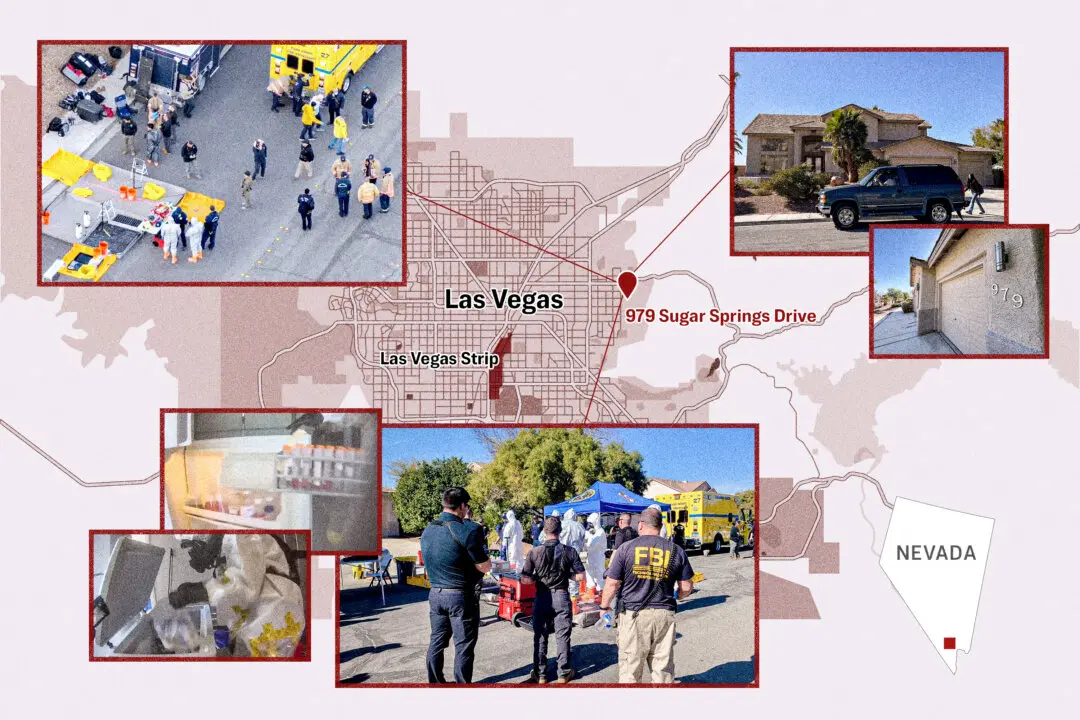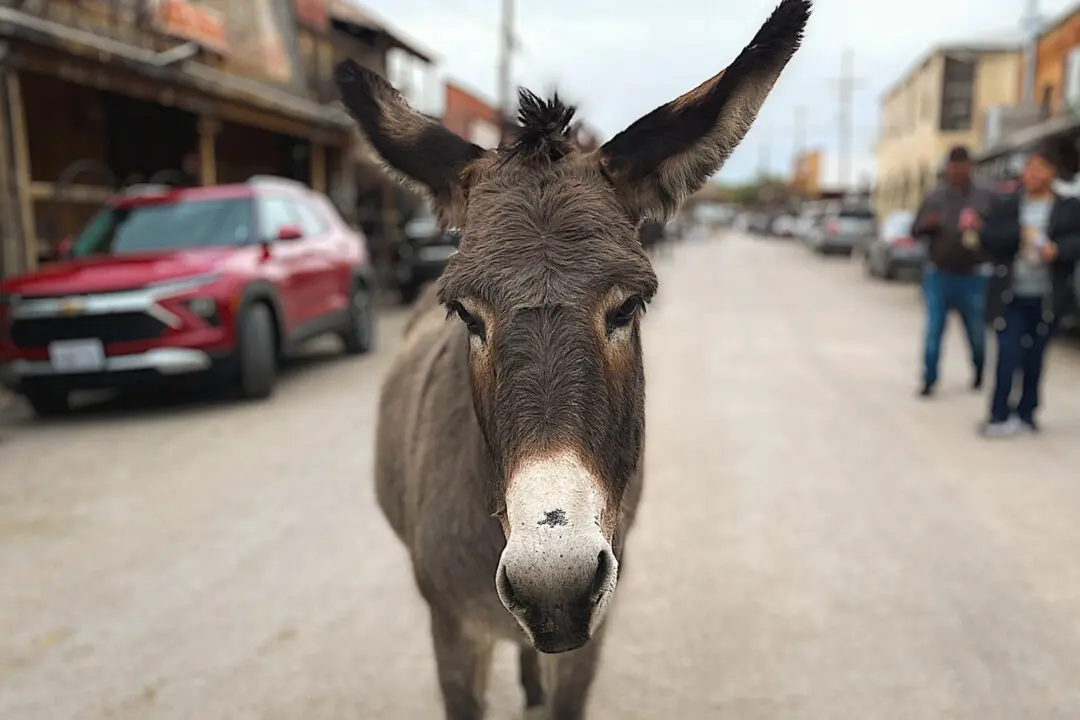Eight Republicans and three Democrats are running in largely conservative Idaho’s primary for governor on May 17, with illegal immigration, the faltering economy, and inflation among the issues dominating the race.
Incumbent Gov. Brad Little (R) is seeking a second term in a hotly contested race against current Lt. Gov. Janice McGeachin (R).





